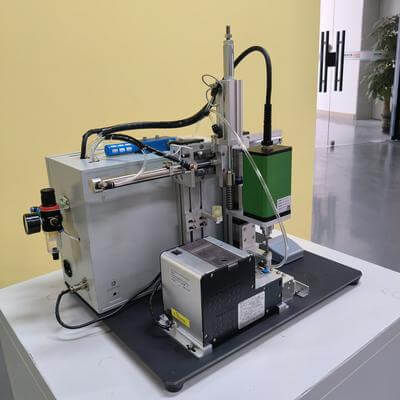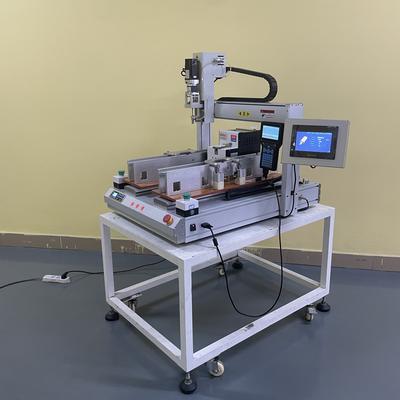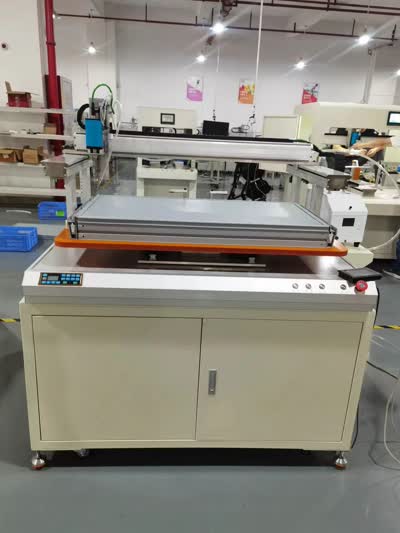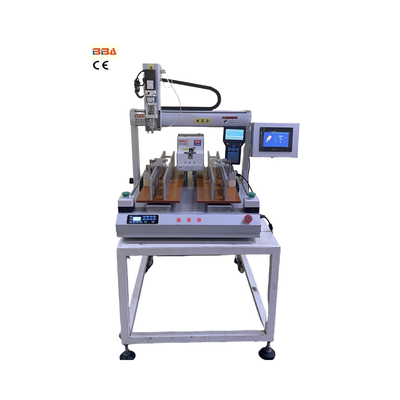The Role of Servo Motors in Industrial Automation: Enhancing Process Stability

In the rapidly evolving landscape of industrial automation, achieving consistent process stability remains a cornerstone of operational efficiency and product quality. One of the most transformative advancements in this domain is the integration of servo motor control systems. By leveraging precision servo technology, manufacturers can significantly enhance process stability, reduce variability, and optimize performance across a wide range of applications.
The Role of Servo Motors in Process Stability
Servo motors are renowned for their high precision, responsiveness, and ability to maintain consistent torque and speed under varying load conditions. Unlike traditional motors, servo systems incorporate closed-loop feedback mechanisms that continuously monitor and adjust performance in real-time. This ensures that deviations from the desired process parameters are corrected almost instantaneously, minimizing errors and enhancing overall stability.
For example, in applications such as packaging, CNC machining, or robotic assembly, even minor fluctuations in speed or positioning can lead to defects or inefficiencies. Servo motors mitigate these risks by delivering exact movements with negligible overshoot or lag, ensuring that each operation is executed with unparalleled accuracy.
Key Advantages of Servo Motor Control
- Precision and Repeatability: Servo systems allow for micro-level adjustments, ensuring repeatable results in high-tolerance processes.
- Energy Efficiency: By optimizing power usage based on real-time demand, servo motors reduce energy consumption compared to conventional motors.
- Reduced Wear and Tear: Smooth acceleration and deceleration profiles minimize mechanical stress, extending the lifespan of equipment.
- Seamless Integration: Modern servo drives support advanced communication protocols, enabling easy integration with PLCs and other automation systems.
Applications in Industrial Automation
The versatility of servo motor control makes it indispensable across industries. In manufacturing, servo-driven conveyors ensure precise product positioning, while in food processing, they enable consistent filling and sealing operations. The medical device sector benefits from servo-controlled robotic arms for assembling delicate components, and the automotive industry relies on servo systems for welding and painting applications where precision is non-negotiable.
Furthermore, advancements in servo technology, such as predictive maintenance algorithms and AI-driven optimization, are pushing the boundaries of what’s possible. These innovations allow for proactive adjustments, reducing downtime and further solidifying process stability.
Future Trends and Considerations
As Industry 4.0 continues to reshape industrial automation, the demand for smarter, more adaptive servo systems will grow. Integrating IoT-enabled monitoring and edge computing capabilities will empower manufacturers to achieve even greater levels of process stability. However, selecting the right servo solution requires careful consideration of factors such as load requirements, environmental conditions, and compatibility with existing infrastructure.
In conclusion, servo motor control stands as a pivotal technology for enhancing process stability in industrial automation. Its ability to deliver precision, efficiency, and reliability makes it a cornerstone of modern manufacturing, paving the way for smarter, more sustainable production environments.
| Product Name | Applicable industries |
| Automatic Screw Feeder | Telecommunication Equipment Assembly |


